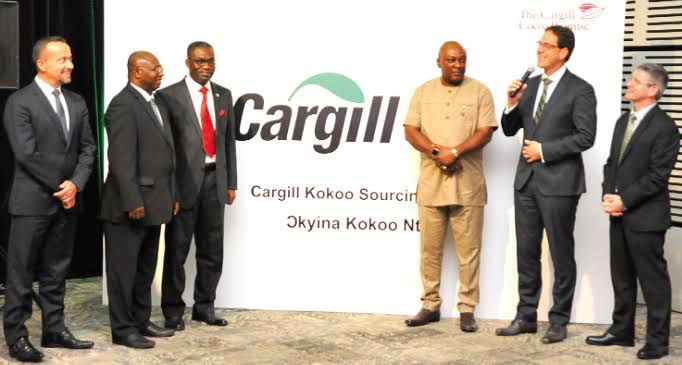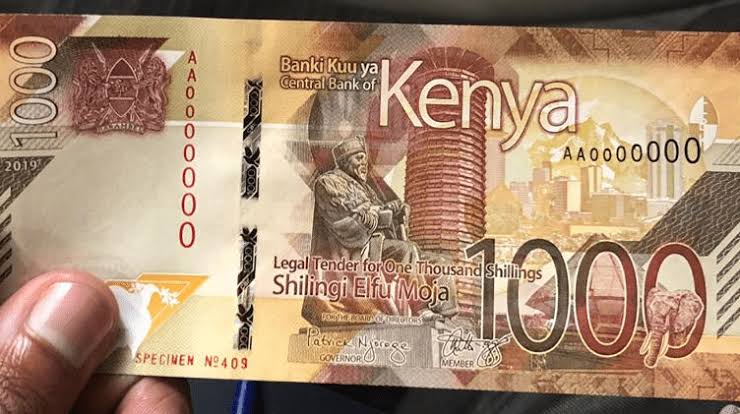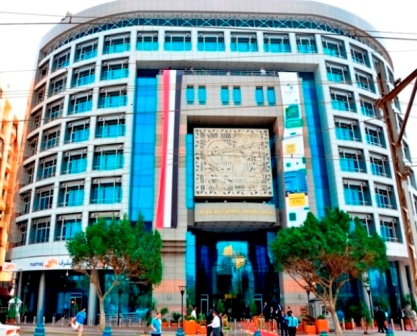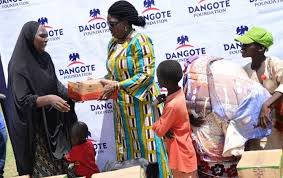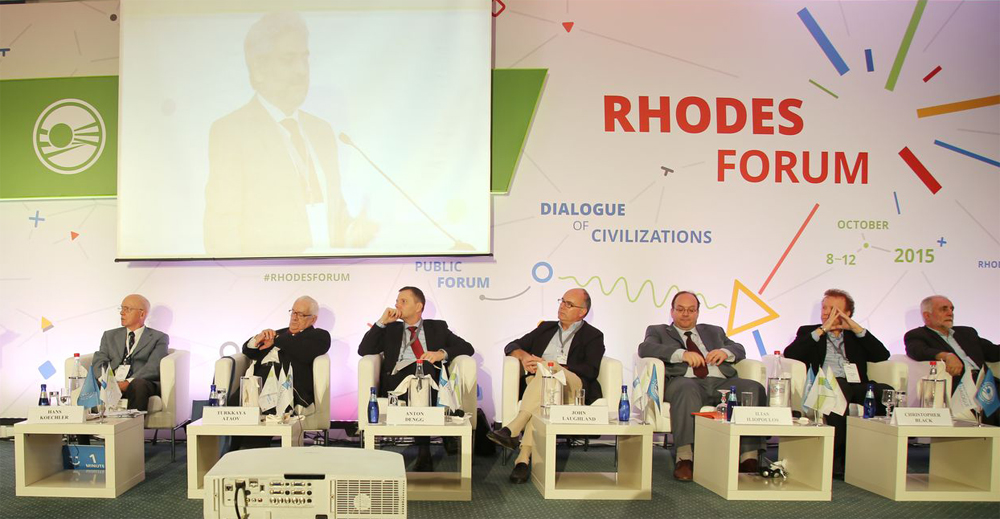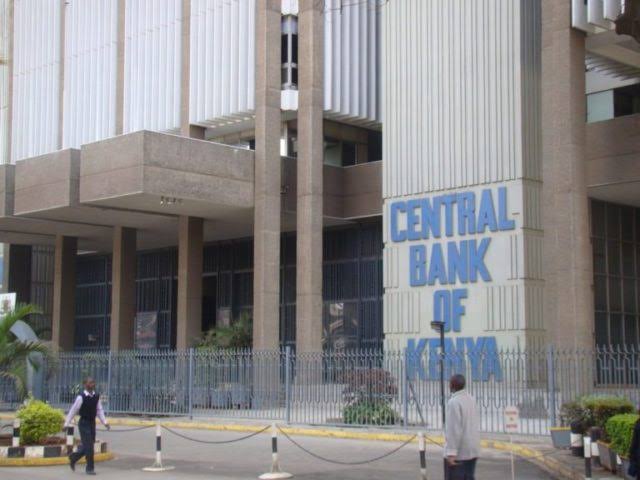African Cocoa Farmers to Benefit Through IFC, Cargill Partnership
| African Cocoa farmers especially those in cooperatives will benefit from a new initiative aimed at strengthening cocoa producing cooperatives and their communities which includes Coop Academy 2.0.. The initiative launched by Cargill and the International Finance Corporation (IFC), the private sector arm of the World Bank Group will add 40 additional cooperatives to the academy, bringing the total to 120 cooperatives reached through training and tools to improve their cocoa business improve sustainability and increase profitability.
The Cargill Coop Academy, first established in 2013, was the first of its kind in the cocoa sector. The model provides cooperative leaders with the management skills to improve daily operations of their organizations, leading to a more professional, efficient and successful business. In 2014, Cargill partnered with IFC and others to scale the program to reach over 350 cooperative leaders.  Speaking on the development the Managing Director of Cargill Cocoa & Chocolate in West Africa, Mr. Lionel Soulard, said that the cooperative model has proven to be an exceptional method to bring cocoa farmers and their communities lasting benefits. He noted that by gaining invaluable skills and tools to professionalize their business, “we see them independently driving impactful sustainability projects that bring meaningful change to their communities and the cocoa sector at large “he added. Read more : The renewed partnership, supported by the Private Sector Window of the Global Agriculture and Food Security Program (GAFSP), will introduce an improved Coop Academy 2.0 program. An additional 40 cooperatives will have access to training in capacity building, management and governance, adding to the 80 cooperatives already enrolled in the program will feature updated training with an even stronger focus on digitalization and traceability, based on learning from the first phase, to provide cooperatives stronger data and analytics to inform critical business decisions. The digital program will provide 35,250 farmers with access to a digital payments platform, enabling utilization and access to digital financial services. Measurement and benchmarking, using a tool developed by IFC and SCOPEInsight, an independent agricultural assessment agency, will measure the impact and increase business opportunities for over 125,000 farmers. It will benchmark activities such as operations, sustainability, financial and internal management, with the purpose of assessing how increased leadership capacity results in improved management of the cooperatives. Cargill is using digital technologies like these to strengthen the transparency of its own cocoa supply chain. Read more : New Programme To Support Agritech Startups In Ethiopia Launched Coop Academy 2.0 is also adding training and support fully dedicated to women’s groups, with the aim of coaching 250 women leaders. The initiative will also include tools and resources to help 3,000 women setup income-generating activities, to raise the earning potential of their families and build the economic viability of their community. The IFC Director for West and Central Africa Aliou Maiga said that through the partnership with Cargill, IFC is committed to the long-term growth and sustainability of Côte d’Ivoire’s cocoa industry. This program he said deepens IFC’s support for smallholder farmers and helps introduce agricultural best practices and innovative financial services to help Cote d’Ivoire remain the world’s top cocoa producer. Partnerships like the Cargill-IFC initiative are imperative to create a more sustainable cocoa supply chain. These efforts are part of Cargill Cocoa & Chocolate’s “Transformation Together” ambition, using the power of partnerships to achieve our sustainability targets and accelerate sector transformation in a way that could not be done alone. Kelechi Deca
Kelechi Deca has over two decades of media experience, he has traveled to over 77 countries reporting on multilateral development institutions, international business, trade, travels, culture, and diplomacy. He is also a petrol head with in-depth knowledge of automobiles and the auto industry.
|

